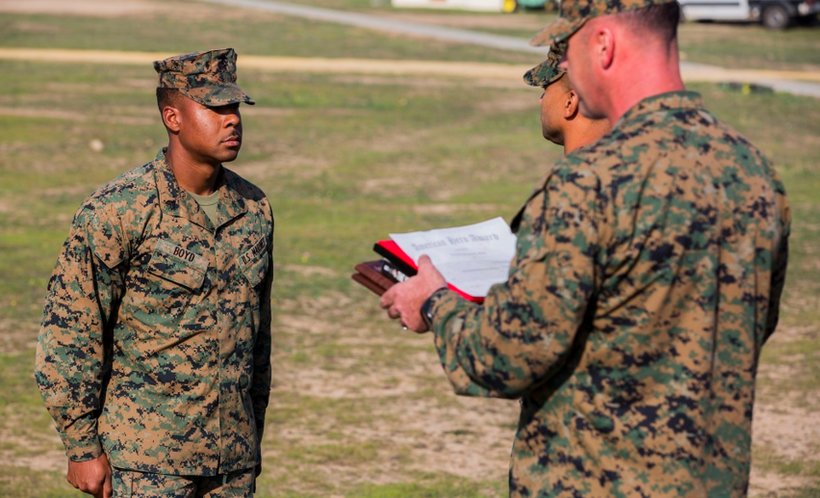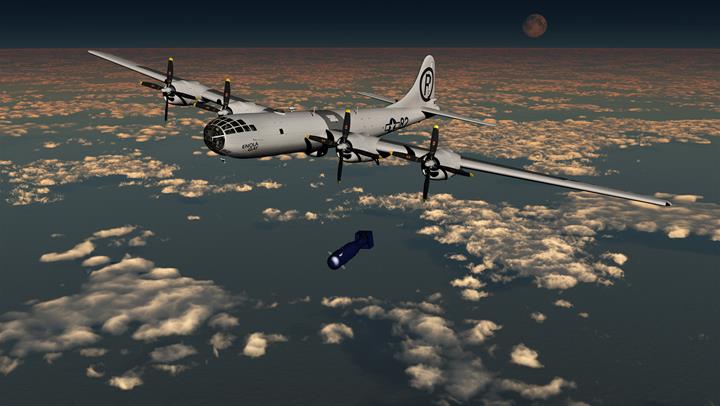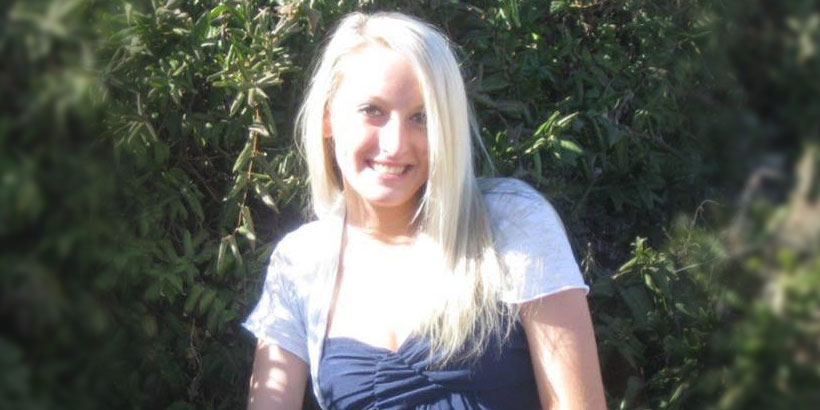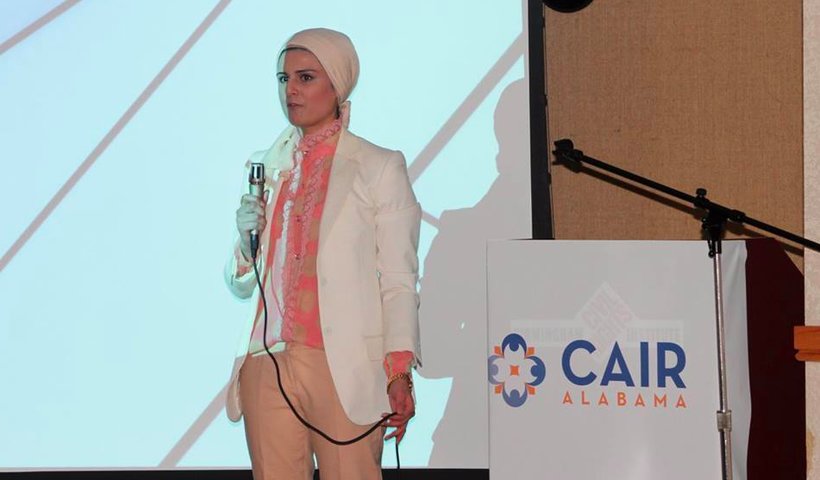
By: Staff Sgt. Vitaliy Rusavskiy
Eight months ago, a Birmingham, Alabama, native was challenged in the face of danger, and had the needed courage; he took swift action to save a Marine’s life.
Sgt. Raheem Boyd was in his room aboard Camp Lejeune, North Carolina, May 2015, when he received a message from a fellow Marine asking for another unit’s duty officer, and telling Boyd that he discovered suicidal posts on another Lejeune-based Marine’s Facebook page.
“I checked that Marine’s page and saw one post that looked strange and made me want to investigate further,” said Boyd, who recognized the Marine from his tour in Okinawa, Japan.
When he drove to the barracks he found that the Marines on duty were by the Marine’s room, which was empty. After searching the area, one of the duties found the Marine in his car with an assault rifle, briefly catching a glimpse as he sped off from the barracks parking lot.
“I asked the duties for directions, followed the route and saw his car sitting on the side of the road,” said Boyd. “He did not recognize me at first, it was the first time I had seen him since Okinawa.”
Boyd approached the vehicle and attempted to calm the Marine, telling him that he was there for him and that there is always another way. As they talked, the first police car pulled up and the Marine started to panic.
As more police cars approached with flashing bright red and blue lights dissipating in the darkness, the Marine reached out across the seat for the rifle – to end his life. With great danger to his own life, Boyd hastily reached through the window of the car, wrapped his body around the Marine while pushing the rifle away to the floorboard.
“I gave just enough time for PMO to come around and secure the weapon,” said Boyd, who joined the Marine Corps in 2012. “After the situation de-escalated, I did my best to comfort the Marine and tell him that everything will be all right. He got out of the car and we escorted him to the hospital in an ambulance.”
The events took place just a week prior to the pre-deployment training exercise in preparation for Boyd’s deployment to Morón Air Base, Spain. He currently serves as a heavy equipment operator with Special-Purpose Marine Air-Ground Task Force Crisis Response-Africa
“A lot of Marines were telling me I did a good job and that they wish a lot more Marines would be like me,” said Boyd, whose aunt and grandmother were inspirations growing up. “But I feel that wasn’t me being a Marine, it was me being a human, being there for someone who needs help. I always fell back on my morals; to always treat others how you would want them to treat you.”
Boyd’s excellence in serving his Marines did not stop there. During his deployment with the MAGTF, he was meritoriously promoted to sergeant, helped certify more than 40 new black belt recipients, led the unit’s leadership seminars for corporals and his latest achievement – receiving the American Hero Award for preventing a tragic loss of life.
“Sgt. Boyd is above his peers and is very mature, the Marines in his shop always look up to him,” said Gunnery Sgt. Archie Mardis Jr., utilities chief for the Combat Logistics Detachment for SPMAGTF-CR-AF in Morón, Spain. “I never have to worry about him; he is the Marine to go to.”
Each tragic loss to suicide has far-reaching impact on families, friends and Marines left behind. At the unit level, suicide effects morale, unit cohesion, and ultimately unit effectiveness and readiness for combat. The Marine Corps had 28 suicides in the first three quarters of 2015. If not for Boyd’s actions, that number could be 29.












